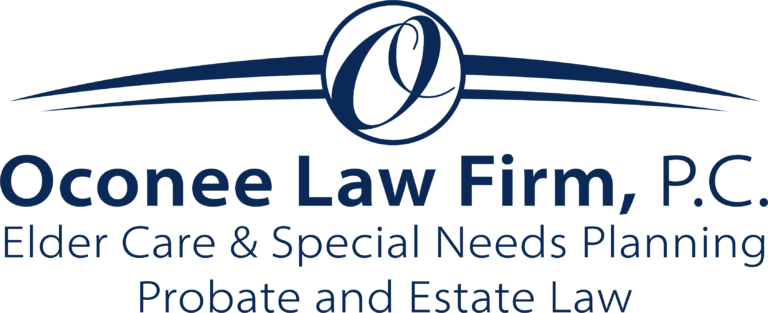Will a QTIP Trust Work for a Blended Family?
Many people have so-called “blended” families, where one or both spouses have children from a previous marriage.
Estate planning can be hard for a spouse in a blended family who wants to provide for a surviving spouse and for children from an ex-spouse.
Fed Week’s recent article entitled “‘Blended’ Families Raise Special Estate Planning Considerations” suggests that one option may be a qualified terminable interest property or “QTIP” trust.
This kind of irrevocable trust is frequently used by those with children from another marriage.
A QTIP trust allows the grantor or maker of the trust to provide for a surviving spouse and maintain control of how the trust’s assets are distributed, once the surviving spouse dies.
Income (and sometimes the principal) generated from the trust is given to the surviving spouse to ensure that the spouse is cared for during the rest of his or her life. Therefore, with a QTIP:
- At the death of the first spouse, the assets pass to a trust for the survivor. No one else can receive distributions from the trust; then
- At the death of the second spouse, any assets left in the QTIP trust are passed to beneficiaries named by the first spouse to die. This is usually the children of the first spouse to die.
With a QTIP, estate tax is not imposed when the first spouse’s dies. Rather, estate tax is determined after the second spouse has died.
Moreover, the property within the QTIP providing funds to a surviving spouse qualifies for marital deductions. As such, the value of the trust isn’t taxable after the first spouse’s death.
While this arrangement may appear to address the needs of both sides, in many remarriages the surviving spouse is much younger than the one who died.
In many cases, the surviving spouse may be close to the age of the children of the spouse who died. As a consequence, those children may have to wait a number of years for their inheritance.
To avoid this, a better approach would be to provide for biological children as well as for a surviving spouse at the first death. Assets can be divided at that time.
If an asset division is impractical, the proceeds of a life insurance policy may help to provide some inheritance for all parties.
Reference: Fed Week (May 7, 2021) “‘Blended’ Families Raise Special Estate Planning Considerations”
Suggested Key Terms: Estate Planning Lawyer, Qualified Terminable Interest Property (QTIP) Trust, Life Insurance, Blended Family

